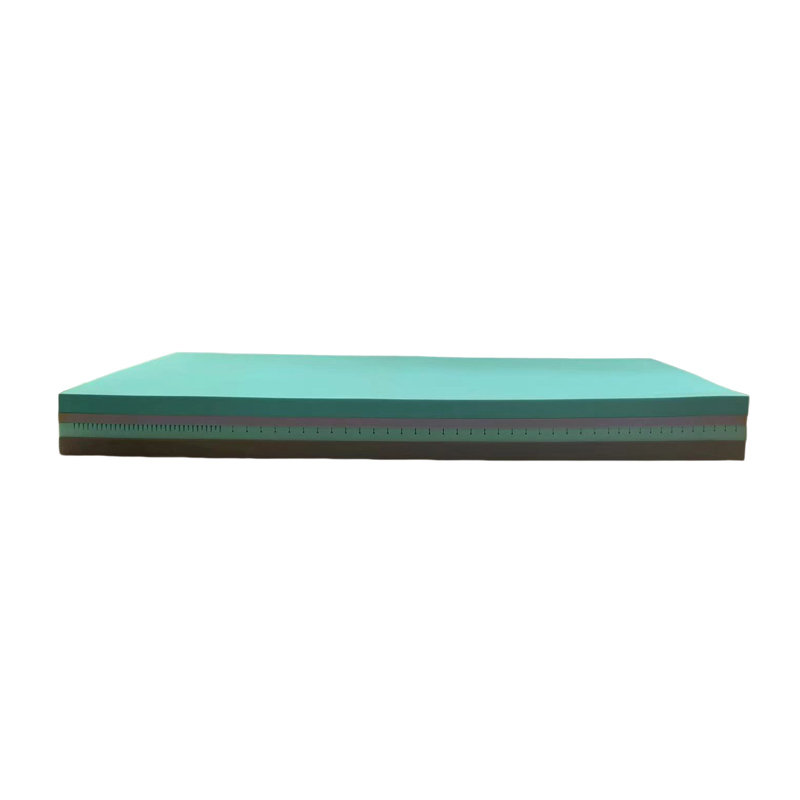anti-decubitus air mattress product
The Benefits of Anti-Decubitus Air Mattresses
In recent years, the importance of healthcare products that enhance patient comfort and well-being has gained increasing recognition, especially in settings such as hospitals, nursing homes, and home care. Among these critical products, anti-decubitus air mattresses have emerged as essential tools in preventing pressure ulcers and improving overall patient care. This article will explore the benefits of these specialized mattresses and their role in promoting health and comfort.
Understanding Pressure Ulcers
Pressure ulcers, commonly known as bedsores, occur when there is prolonged pressure on the skin, leading to reduced blood flow and tissue damage. These sores can develop quickly, especially in individuals with limited mobility. Patients who are bedridden or spend extended periods in a wheelchair are particularly at risk. Preventing pressure ulcers is not only crucial for comfort but also vital for overall health, as they can lead to severe infections and other complications.
How Anti-Decubitus Air Mattresses Work
Anti-decubitus air mattresses are designed to alleviate pressure points by distributing weight more evenly across the surface of the mattress. These mattresses use a system of air cells that inflate and deflate in a cyclic manner, continuously changing the pressure distribution as the patient moves. This dynamic adjustment helps to enhance blood circulation and reduce the likelihood of developing pressure sores. Some models even incorporate advanced features, such as alternating pressure therapy and customizable settings, allowing for personalized comfort based on the patient’s needs.
Benefits of Anti-Decubitus Air Mattresses
anti-decubitus air mattress product

1. Effective Pressure Relief The primary function of these mattresses is to prevent pressure ulcers. By shifting pressure points regularly, they significantly reduce the risk associated with extended immobility.
2. Enhanced Comfort Patients who experience discomfort from traditional mattresses often find relief with anti-decubitus air mattresses. The adjustable air levels allow for personalized comfort, making it easier for patients to relax and rest.
3. Convenience and Portability Many anti-decubitus air mattresses are lightweight and easy to set up, making them suitable for both clinical and home environments. Their portability allows caregivers to provide effective care in various settings.
4. Cost-Effective While the initial investment may be higher than traditional mattresses, the long-term savings associated with preventing pressure ulcers—such as reduced medical interventions and shorter hospital stays—can be significant.
5. Improved Recovery Time For patients who are recovering from surgery or illness, a supportive sleeping surface is essential. Anti-decubitus air mattresses can help speed up recovery by providing the necessary support and comfort to promote healing.
In conclusion, anti-decubitus air mattresses serve a vital role in modern healthcare by preventing pressure ulcers, enhancing patient comfort, and supporting quicker recovery. Investing in such specialized mattresses is a proactive approach to improving patient outcomes and quality of life.
-
The Effect of Coconut Foam Mattress Breathability and Humidity Regulation on Improving Sleep QualityNewsJul.03,2025
-
How Wave Mattress Systems Improve Blood Circulation During ImmobilityNewsJul.03,2025
-
The Climate-Adaptive Sleep Revolution: Exploring the Benefits of Cooling Gel Memory Foam MattressesNewsJul.03,2025
-
Exploration of the Role of Coconut Foam Mattress in Preventing Bedsores in the ElderlyNewsJul.03,2025
-
Comparing Wave Mattress and Air Mattress: Which Is Better for Medical Use?NewsJul.03,2025
-
Analysis of Comfort and Environmental Performance of Natural Latex and Coconut Foam MattressNewsJul.03,2025
-
Multi-Layer Construction for Enhanced Performance in Gel Mattress PadNewsJun.24,2025

